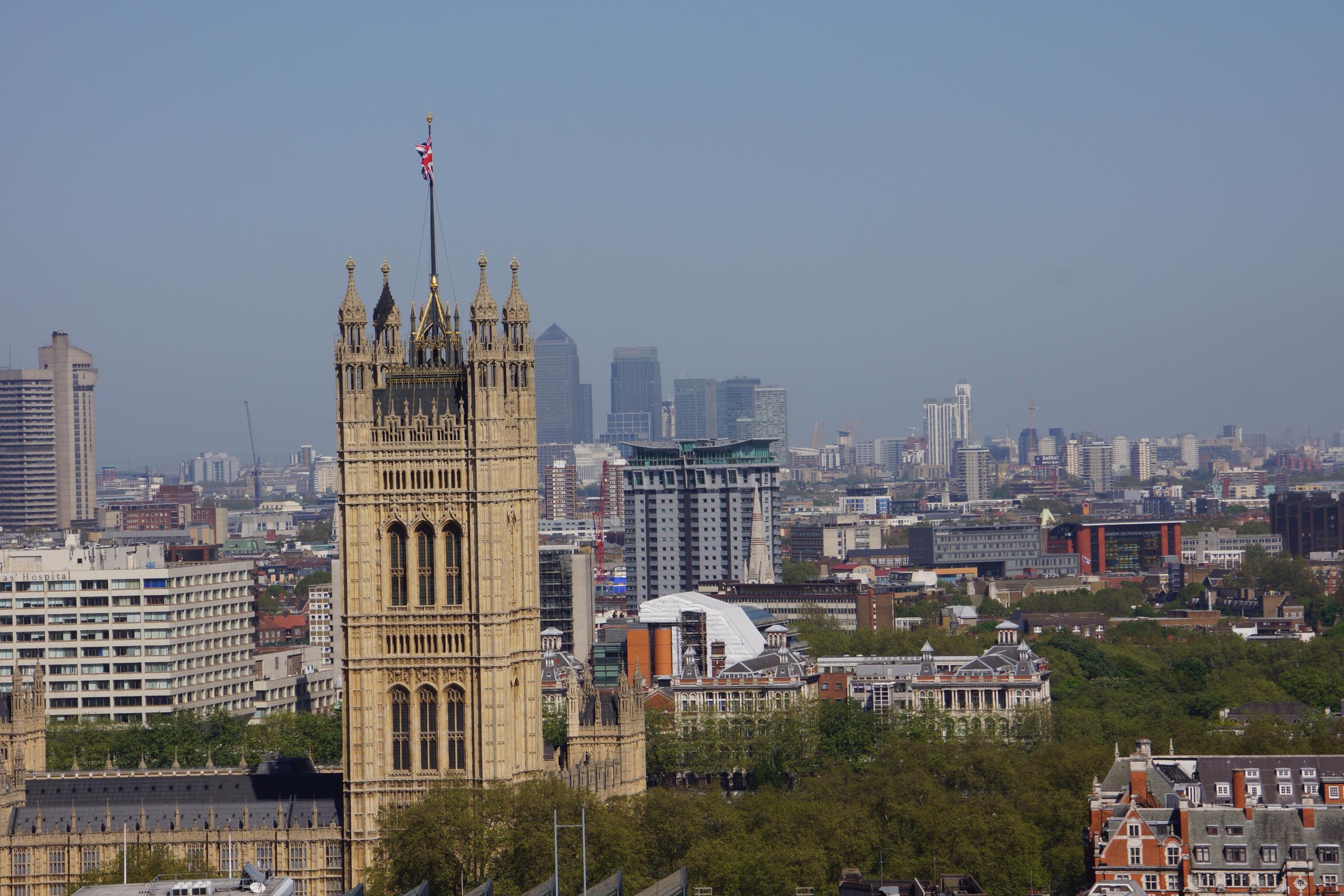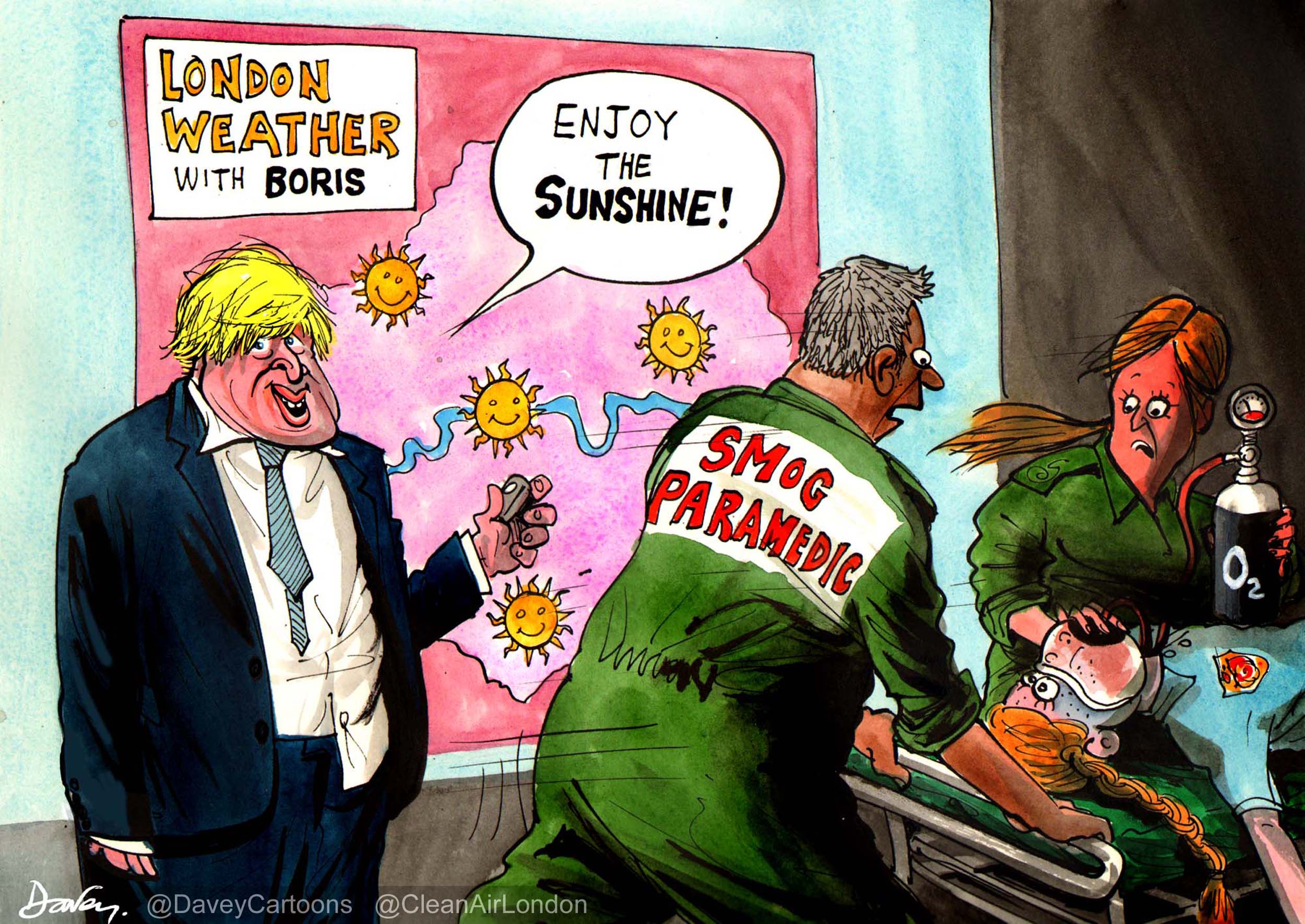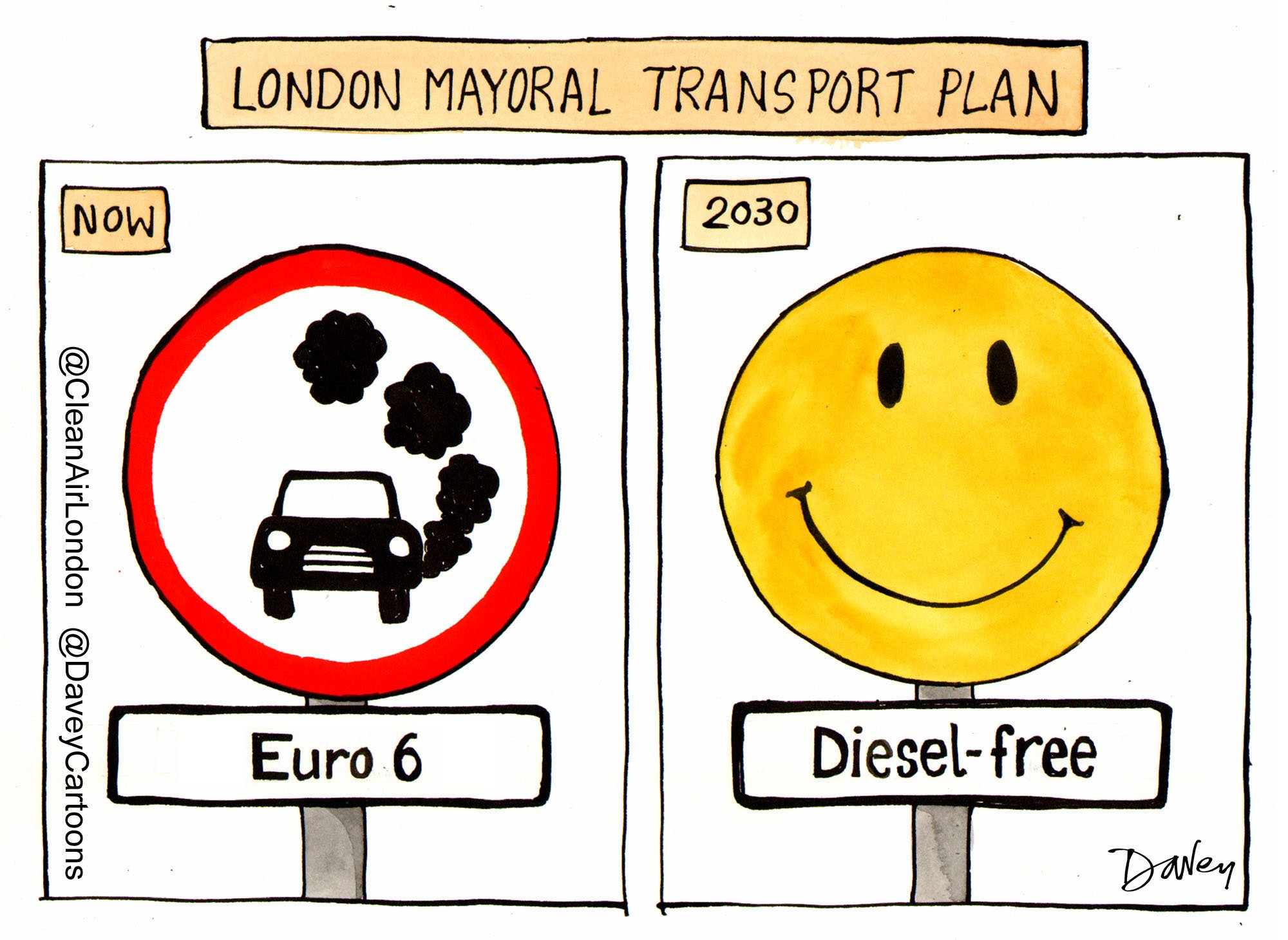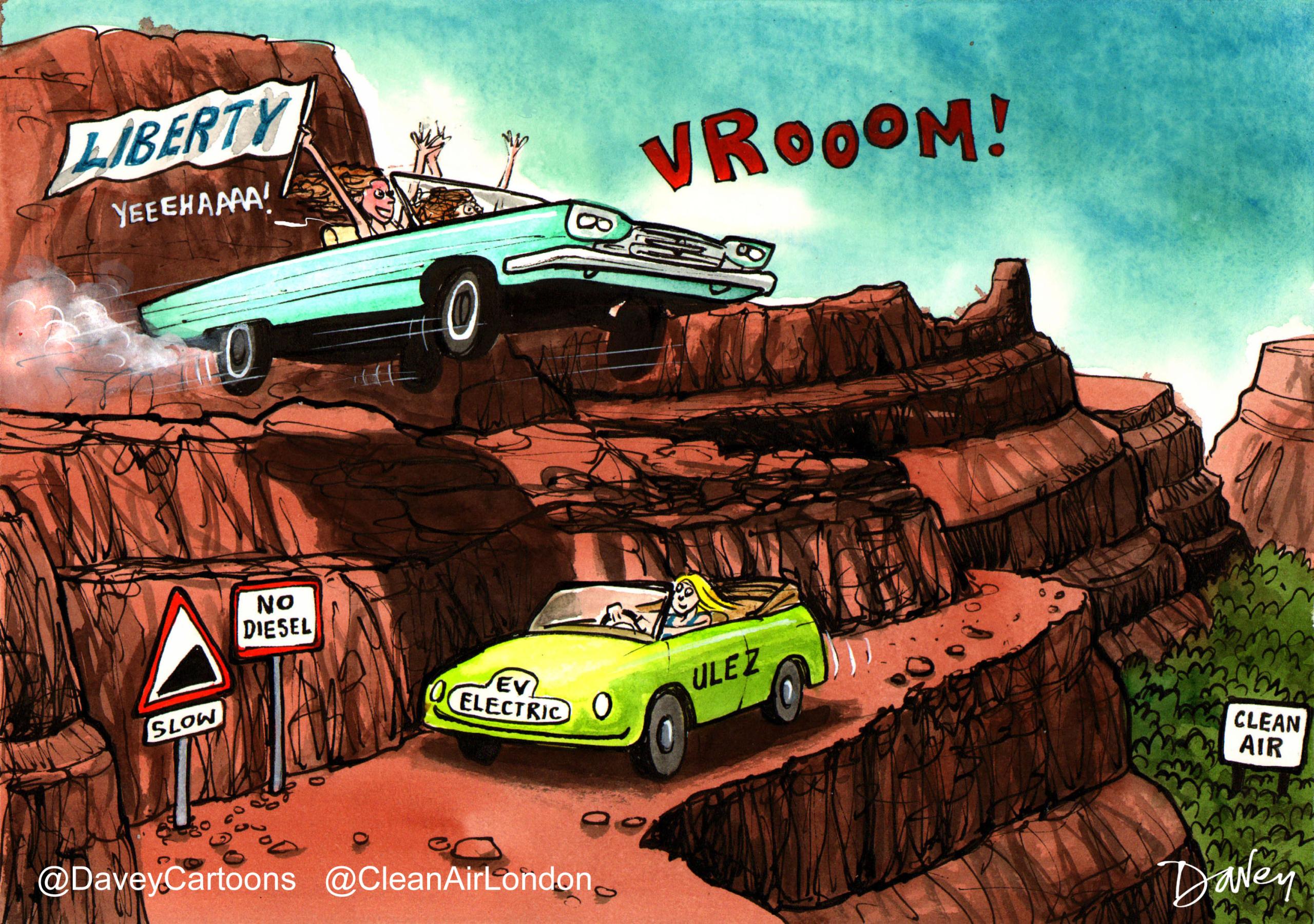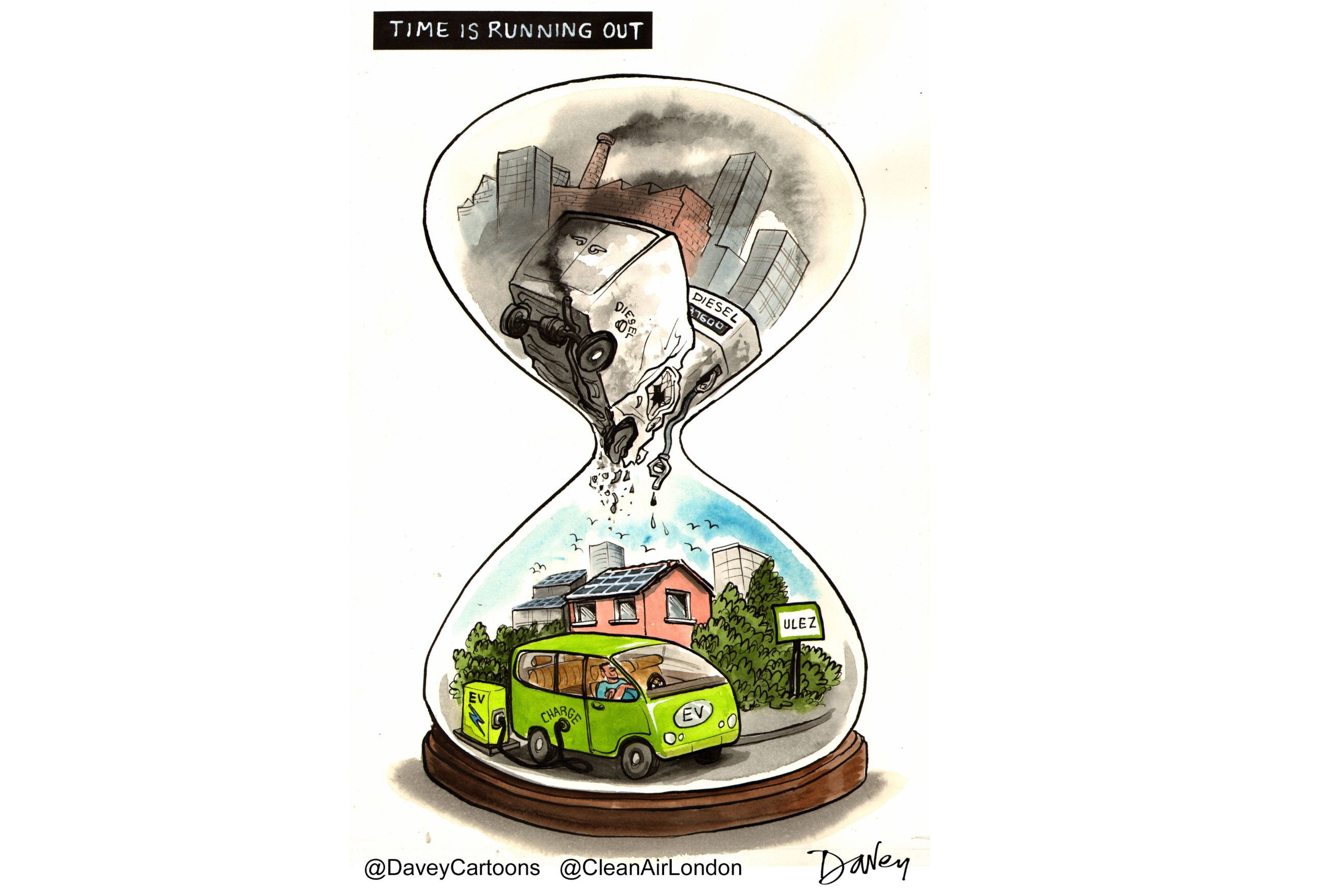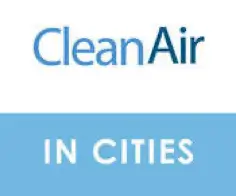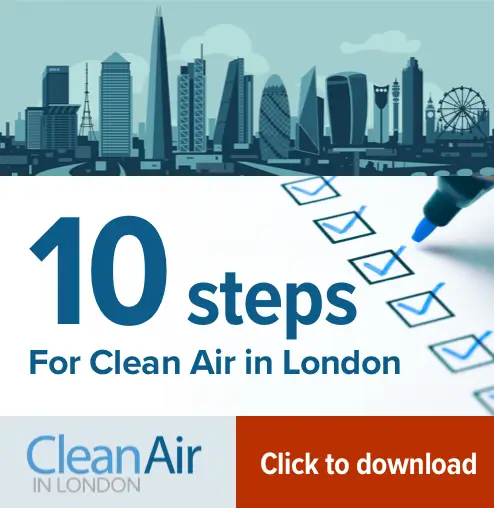Commissioner Dimas
European Commission Environment DG
B – 1049 Brussels
Belgium
19 July 2008
By email: [email protected]
Dear Commissioner Dimas
Public consultation on revision of car labelling directive
This contribution to the public consultation on the revision of the car labelling directive, which is due to close on 28 July 2008, is sent on behalf of the Campaign for Clean Air in London (CCAL).
http://europa.eu/rapid/press-release_IP-08-835_en.htm
We would not normally comment on a consultation by the European Commission about vehicle labelling but we consider that you have deliberately and sensibly raised vitally important questions, the answers to which can set a powerful framework for communication generally in respect of the environmental impact of road transport. Europe needs much greater transparency on environmental performance than currently exists.
The Campaign for Clean Air in London
The purpose of the cross-party Campaign for Clean Air in London (CCAL) is to achieve urgently and sustainably at least World Health Organisation recommended standards of air quality throughout London. The Campaign has received support from Ken Livingstone, leading politicians from all the four main political parties in London and all the amenity societies in Central London as well as leading business groups including the Central London Partnership, London First and The Knightsbridge Business Group. It has also received a pledge of support from Environmental Protection UK (formerly the National Society for the Protection of Clean Air) and the Alliance Against Urban 4x4s. The address of CCAL’s campaign website is shown in the letterhead above.
Consumers need to make ‘trade-offs’ between Air Quality and Climate Change in cities
CCAL considers that Europe is failing currently in its disclosure regime for car labelling and vehicle labelling more generally. Europe gives priority, almost entirely, to vehicle carbon dioxide (CO2) disclosure at the expense of treating vehicle air pollution holistically with the result that many, well intentioned, people are not able to make the judgements they wish when they purchase a vehicle.
We have had several discussions with private individuals who sought to buy the least polluting car for use mainly in the city and ended up buying a diesel engined vehicle because a car salesman ‘bamboozled’ them at the point of sale. Typically, these people have wished subsequently, when they understood the wider picture of climate change and air quality, that they had bought instead a petrol engined vehicle, a hybrid engined vehicle or a zero emissions vehicle. Purchasers of commercial vehicles have reported a lack of available information.
In this context, the United Kingdom (UK) government’s ‘Act on CO2’ calculator has been a lamentable failure. Indeed, it has compounded the UK’s reputation for focussing myopically on vehicle CO2 instead of vehicle air pollution holistically and increased, unnecessarily, diesel pollution in our cities.
Establish best practice based on experience in Europe and the United States
CCAL urges the European Commission, when it is revising the car labelling directive, to base future European disclosure on the best of the practices in Europe and the United States (US) (e.g. those established by the US Environmental Protection Agency and the California Air Resources Board). Information on US best practice can be found at:
United States Environmental Protection Agency’s Green Vehicle Guide (GVG)
http://www.epa.gov/greenvehicles/Index.do;jsessionid=82303c770e15b4c4c6e7
California Air Resources Board proposed amendments to the emission control and smog index label regulations
http://www.arb.ca.gov/msprog/levprog/levii/label04.pdf
In a nutshell, the Green Vehicle Guide gives environmental scores for cars and trucks based on emission levels and fuel economy values.
- The scores range, for each of Air Pollution (taken to mean hazardous emissions) and Greenhouse Gas, from 0 to 10, where 10 is best;
- The scores can be used to compare all vehicles and all model years against one another; and
- The best environmental performers receive the SmartWay designation, which means the vehicle scores well on both Air Pollution and Greenhouse Gas.
The SmartWay designation is earned by those vehicles that score 6 or better on each of the Air Pollution and Greenhouse Gas scores and achieve a combined score of at least 13 when added together. SmartWay Elite is earned by those vehicles that score 9 or better on each of the Air Pollution Score and the Greenhouse Gas Score. SmartWay Elite vehicles are superior environmental performers.
Recommendations – Air Quality Score and Climate Change Score:
CCAL recommends that the revised vehicle labelling directive should ensure that:
- each vehicle sold (whether new or secondhand) displays an Air Quality Score and a Climate Change Score – from 0 to 10, where 10 is best – similar to the US EPA’s Air Pollution Score and Greenhouse Gas Score respectively. This should lead to international comparability and efficiencies;
- there is a designation like the SmartWay designation to show one composite score of overall environmental performance for the best scoring vehicles;
- emissions at least of each of particulates (PM) and oxides of nitrogen (NOx) are disclosed equally with CO2 and that a common and consistent measure of grams per kilometre is used;
- the above scores and measures represent meaningfully the actual, not laboratory test, performance of the vehicle, if necessary showing either a range of emissions for city and highway driving or a combined city/highway driving number;
- the ‘polluter pays’ principle is followed such that vehicle manufacturers bear the full cost of this disclosure, including for historic information;
- labelling on emissions generally is more prominent than currently such that anyone likely to consider such information useful can find it easily. A ‘culture’ of transparency and reliable information needs to be created;
- the approach to labelling and its objectives is publicised widely so that the general public is encouraged to use it; and
- the above approach is mandatory and independently certified.
Please extend this approach quickly from cars to motorcycles, commercial vehicles, trucks and coaches.
CCAL believes that the general public is more than astute enough to make good use of the above information. We are confident that it would ensure well informed consumer decisions and incentivise manufacturers appropriately. The success of Europe’s traffic-light labelling scheme for white goods and the US EPA’s Green Vehicle Guide is ample evidence to support such confidence.
For your information, we had problems on several occasions trying to submit an online reply to this consultation. In particular, the ‘Name of the organisation’ field did not work properly and there was no guidance on field length for additional text. A brief response was submitted eventually online.
Please acknowledge receipt of this letter.
With best wishes.
Yours sincerely
Simon Birkett
Principal Contact
Campaign for Clean Air in London
By hand:
Winston Fletcher, Chairman, The Knightsbridge Association
Carol Seymour-Newton, Honorary Secretary, The Knightsbridge Association
Cc:
The Rt. Hon. Hilary Benn MP, Secretary of State for Environment, Food and Rural Affairs
The Rt. Hon. Ruth Kelly MP, Secretary of State for Transport
Mayor Johnson
Sir Simon Milton, Deputy Mayor, Policy and Planning
ORGANISATIONS
Amenity Societies
Helen Ainsworth, EU and International Air Quality, Defra
Jenny Bates, London Regional Campaigns Co-ordinator, Friends of the Earth
Nick Fairholm, Transport for London
Tim Hockney, Executive Director, London First
Stephen Joseph, Executive Director, Campaign for Better Transport
Professor Frank Kelly, Kings College London
Dr Michal Krzyzanowksi, Regional Adviser, Air Quality and Health, WHO
Sir John Lawton, Chair, Royal Commission on Environmental Pollution
Sarah Legge, Principal Policy Adviser – Air Quality, Greater London Authority
David Lemon, Environmental Industries Commission
Blake Ludwig, Managing Director, Alliance Against Urban 4x4s
Dr Noel Olsen, British Medical Association
Professor Bob Maynard, Health Protection Agency David Muir, Institute of Air Quality Management
Philip Mulligan, Chief Executive, Environmental Protection UK
Derek Picot, Chairman, The Knightsbridge Business Group
By post: Sir Jonathon Porritt, Chairman, UK Sustainable Development Commission
Tony Travers, Director, Greater London Group
Dr Martin Williams, Head of Air and Environment Quality Division, Defra
Tim Williamson, National Air Quality Assessment, Defra
LEADING POLITICIANS
Peter Ainsworth MP, Shadow Secretary of State, Defra, Conservative
Norman Baker MP, Shadow Secretary of State for Transport, Liberal Democrat
Greg Barker MP, Shadow Minister for the Environment, Conservative
Mark Field MP, Conservative
Jim Fitzpatrick MP, Parliamentary Under Secretary of State, DfT
Tom Harris MP, Parliamentary Under Secretary of State for Transport, DfT
The Rt. Hon. Michael Jack MP, Chairman of the Environment and Rural Affairs Select
Committee
The Rt. Hon. Sir Malcolm Rifkind QC MP, Conservative
The Rt. Hon. the Lord Rooker, Minister of State, Defra Joan Ruddock MP, Parliamentary Under Secretary of State
Jonathan Shaw MP, Parliamentary Under Secretary of State and Minister for the South East
Theresa Villiers MP, Shadow Secretary of State for Transport, Conservative
Professor Steve Webb MP, Shadow Secretary of State for Environment, Energy and Rural
Affairs, Liberal Democrat
The Rt. Hon. Rosie Winterton MP, Minister of State for Transport
Phil Woolas MP, Minister of State, Defra
Tim Yeo MP, Chairman Environmental Audit Committee, Conservative
John Bowis MEP, London, Conservative Chris Davies MEP, Liberal Democrat
Robert Evans MEP, London, Labour
Mary Honeyball MEP, London, Labour
Syed Kamall MEP, London, Conservative
Ms Jean Lambert MEP, London, Green Party
Baroness Ludford MEP, London, Liberal Democrat
Linda McAvan MEP, Labour
Claude Moraes MEP, London, Labour
Charles Tannock MEP, London, Conservative
Richard Barnes AM, Leader of the Conservative Group
Darren Johnson AM, Deputy Chair of the London Assembly, Green
Sian Berry, the Green Party
Len Duvall AM, Leader of the Labour Group, GLA
Mike Tuffrey AM, Leader of the Liberal Democrat Group, GLA

